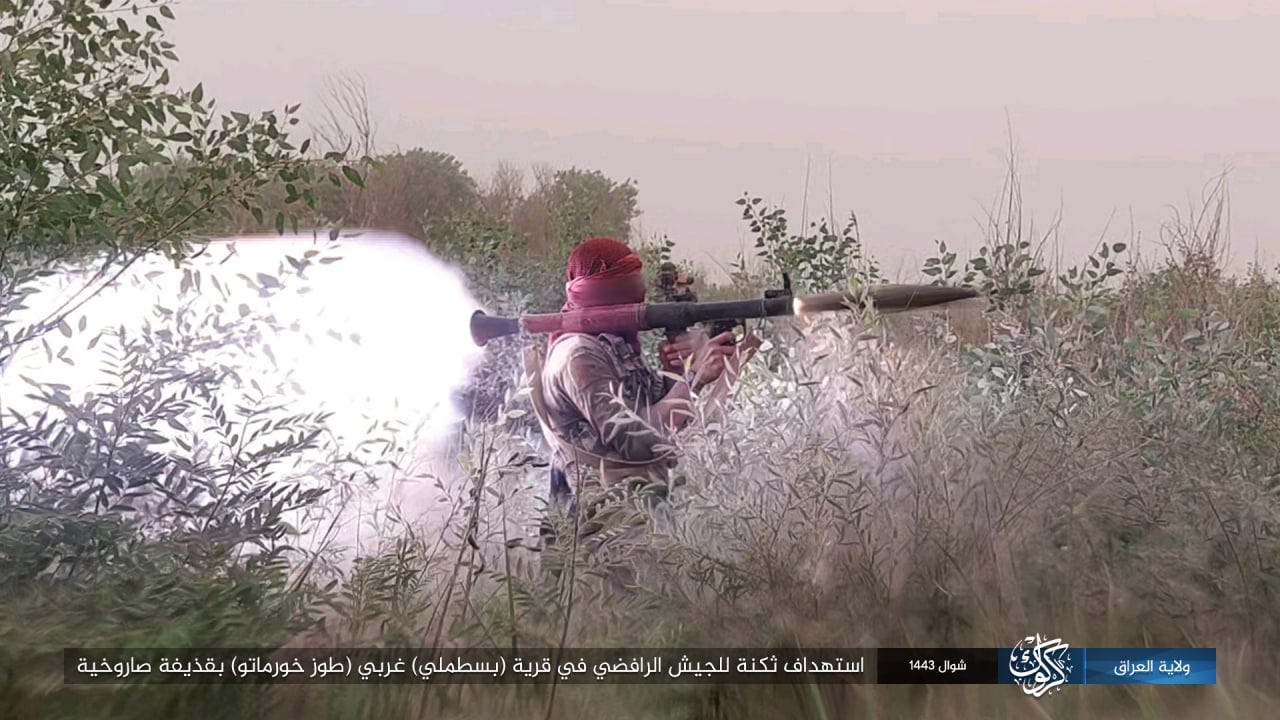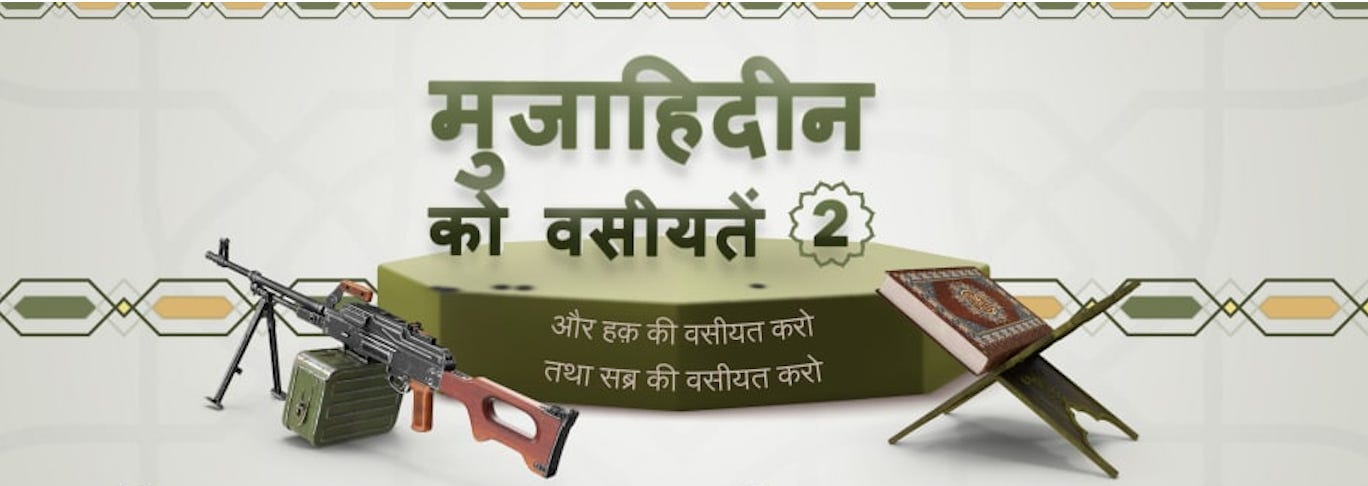'Recommendations to the Mujahidin': The Islamic State Promotes Doctrinal Series for Fighters and Supporters
The Islamic State (IS) has published an instructional series through its official weekly al-Naba newsletter titled ‘Recommendations to the Mujahideen’. The series is deemed important by IS media authorities, supporting propaganda outlets, and online sympathizers alike, as it is being translated into several languages and published by pro-IS media groups, then widely disseminated by IS advocates on Telegram and elsewhere.
So far, three installments of the series have been published, each offering advice on how to think and behave in line with the Islamic State’s dictates — in situations both on and away from the battlefield. The al-Naba series stresses the importance of accepting the Islamic State’s organizational hierarchy and advising on how to interact with fellow IS members.
Issue 1
The first installment of recommendations concerns spirituality. This could be inferred by reading the first point, the third point, the fifth, sixth, and seventh point. The initial point discusses sincerity and calls on jihadists to be sincere in their actions as jihadists. The third point talks about separating from those considered “enemies of Allah,” and further emphasizes the importance of supporting the faith of Islam. The fifth point in the newsletter is especially focused on spirituality, mentioning freedom from passions and the desires of the soul. These are considered sinful. The sixth point calls for prayer. In part, this point is linked to the previous. It reasserts that prayer strengthens the soul and aids against vice. The seventh point in the newsletter implores jihadists to be humble. After obtaining a victory, the Islamic States says that if its fighters lack humility, Satan could spoil the jihad, and their efforts would become fruitless. It adds that without this humility, the fighters would lose the point because they could be attached to this life rather than paradise.
The second and fourth points talk about knowledge. The second implores jihadists to talk to those with knowledge about jihad. They must know why they are doing it. If one cannot ask the people with knowledge, the group orders them to at least read the fatwas of sheikhs the jihadist trust. Meanwhile, the fourth point talks about the concept of takfir or excommunication. This point mentions that not everyone deserves to have takfir declared on them. This is ironic for a group that has been declaring it even on ideologically extreme groups like the Taliban. This point informs the group’s sympathizers about who can and who cannot be declared an apostate and calls for its followers to study the subject.
Issue 2
The second set of recommendations is primarily focused on military matters. Perhaps, except for issue three, these points can be applied either to those jihadists on the battlefields in Iraq, Syria, Afghanistan, and Africa, among others, as well as those Islamic State members and sympathizers in the West. The first issue calls for looking past their brothers' faults. This is the first part of the point, and it’s rather into the moral manners of a jihadist. The infographic then warns against suspicion and spying for the sake of uniting the ranks. The second point calls for obedience to the “emir,” unless he violates Sharia law. The third point is the one that could be interpreted as exclusive to the battlefields of the provinces of the Caliphate. It calls for the mujahideen to guard at night and avoid sleeping if there is no commander watching them.
The fourth point calls for the jihadists to be prepared with physical exercise, rigorous training, hand-to-hand combat, etc. Meanwhile, the fifth point talks about ribat, watching over the enemy on the frontlines, and keeping an eye on them elsewhere. The sixth point tells members and sympathizers to do good deeds prior to battle. Virtuous actions have the simultaneous benefit of uniting fighters and sympathizers. It also warns against division among the fighters, and not to have different intentions, which might lead to division. The final point orders the jihadists to be cautious and have everything in control regarding items that are useful in jihad. Therefore, it advises to have enough provisions of weapons, food, and medicine, and to anticipate which needs could arise during the course of the battle.
Issue 3
The third set of recommendations addresses how a jihadist should behave, how his relationship should be with his commander and comrades, and how he should be in his heart in order to fight against the enemy. The first point in this infographic instructs fighters to focus on their personal affairs, to be truthful in them, and not to discuss things that should not be discussed. The second point is about the camaraderie among jihadists. It also tells the jihadists to avoid blaming each other. Meanwhile, the third point mentions the fighters should be humble regarding their commander and have patience with him — obedience above everything.
The fourth point calls for self-reflection. The jihadists must not wish to meet the enemy out of pride or overconfidence. The ego must be set aside. Also, if the enemy comes nearby, the fighters must be patient. The fifth point asks to be transparent with the commander regarding perceived errors in choices and grievances within the battalion. Then, the sixth point in the third infographic warns against injustice and dishonesty. Defeat would follow from this. The seventh and last point instructs the mujahideen to embolden their hearts, and prepare themselves, not physically but emotionally in this case. It tells the fighters to remember the grievances of the Ummah against the infidels in their hearts. This way, they will fight with their heart.
The author of the lessons featured in these infographics is the deceased former Islamic State spokesman, Abu Hamza al-Muhajir. The infographic series is purposed to reiterate his narratives and remind the new generations about their former leaders. It also provides general guidance on how committed Islamic State jihadists should conduct themselves during times of peace and times of war.






